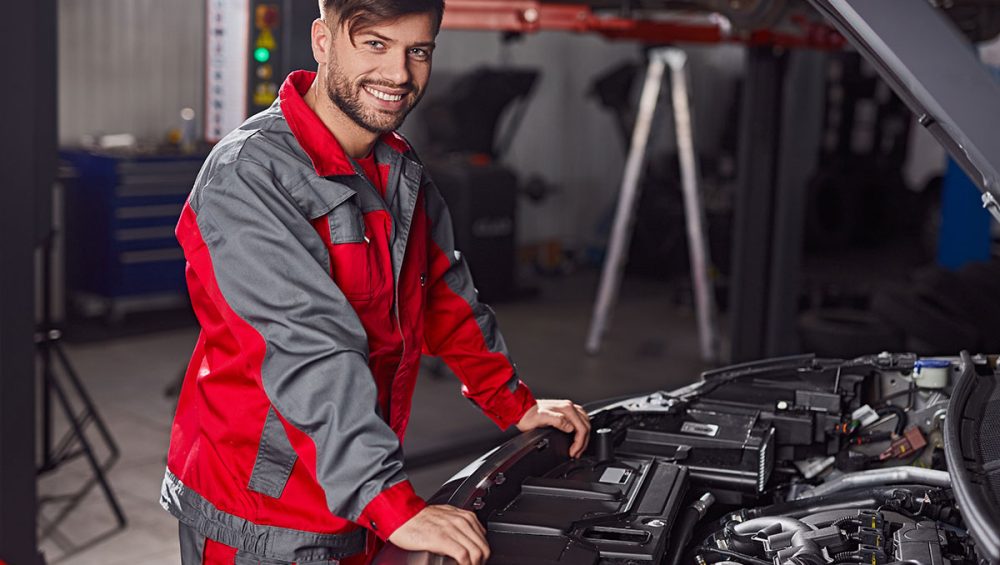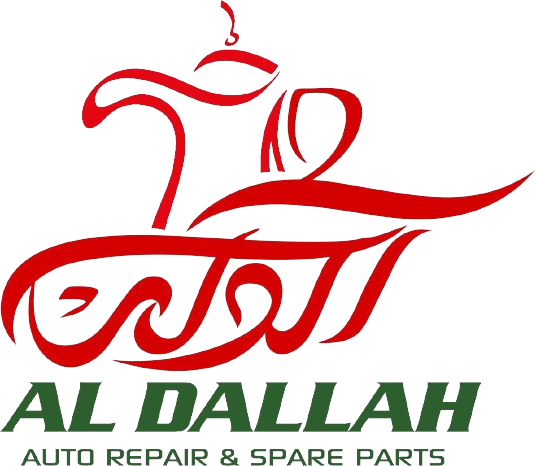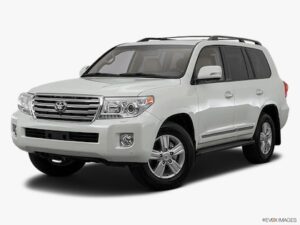Essential Maintenance for high Mileage Vehicles

Maintaining a high-mileage vehicle is crucial for ensuring its longevity and reliability. With proper care, even cars that have racked up significant mileage can continue to run smoothly and safely. Here’s a comprehensive guide to essential maintenance for high-mileage vehicles.
1. Regular Oil Changes
Frequency and Type of Oil: One of the most critical aspects of maintaining a high-mileage vehicle is adhering to a strict oil change schedule. As vehicles age, they often benefit from more frequent oil changes. Many experts recommend changing the oil every 3,000 to 5,000 miles for high-mileage cars. Additionally, using high-mileage motor oil can be beneficial. These oils contain additives that help reduce oil consumption, minimize leaks, and reduce engine wear.
2. Transmission Maintenance
Fluid Checks and Changes: The transmission is a vital component, and neglecting its maintenance can lead to costly repairs. Regularly check the transmission fluid level and quality. For high-mileage vehicles, it’s advisable to change the transmission fluid every 30,000 to 60,000 miles, or as recommended by the manufacturer. This helps prevent transmission slippage and overheating.
3. Cooling System Care
Coolant Flushes: The cooling system is essential for preventing the engine from overheating. Over time, coolant can become acidic and lose its effectiveness. It’s important to flush and replace the coolant every 50,000 miles or according to the vehicle’s maintenance schedule. Regularly checking hoses and the radiator for leaks or signs of wear is also crucial.
4. Brake System
Pads, Rotors, and Fluid: High-mileage vehicles often require more frequent brake inspections. Brake pads and rotors wear out over time, and it’s vital to replace them to maintain braking efficiency. Additionally, brake fluid should be changed every two to three years to ensure optimal braking performance and to prevent moisture buildup that can lead to corrosion.
5. Suspension and Steering
Inspect and Replace: The suspension and steering components take a lot of wear and tear, especially in high-mileage vehicles. Regularly inspect shocks, struts, tie rods, and ball joints for signs of wear or damage. Replacing worn suspension components can greatly improve the vehicle’s handling and ride comfort.
6. Tire Maintenance
Rotation and Alignment: Tires are critical for vehicle safety and performance. For high-mileage vehicles, it’s important to rotate the tires every 5,000 to 7,500 miles to ensure even wear. Additionally, regular wheel alignment checks can prevent uneven tire wear and improve fuel efficiency.
7. Exhaust System
Leaks and Corrosion: The exhaust system in a high-mileage vehicle should be regularly inspected for leaks, rust, or damage. A damaged exhaust system can affect engine performance and fuel efficiency, and can also be a safety hazard due to the potential for carbon monoxide leaks.
8. Battery Care
Regular Testing: As vehicles age, the battery may become less efficient. It’s important to regularly test the battery’s charge and replace it if it shows signs of weakening. Keeping the battery terminals clean and free of corrosion can also prolong its life.
9. Fuel System Maintenance
Injector Cleaning and Fuel Filter Replacement: High-mileage vehicles can develop deposits in the fuel injectors, which can affect engine performance and fuel economy. Regularly using a fuel injector cleaner can help maintain optimal engine performance. Additionally, replacing the fuel filter as per the manufacturer’s recommendation ensures a clean and efficient fuel system.
10. Engine Performance
Spark Plugs and Timing Belt: Worn spark plugs can lead to misfires and poor engine performance. Replacing spark plugs at the recommended intervals is crucial. For vehicles with a timing belt, replacing it according to the manufacturer’s schedule is vital to prevent engine damage.
11. Regular Inspections
Professional Check-Ups: Regular inspections by a professional mechanic can identify potential issues before they become major problems. A thorough check-up can include scanning for diagnostic trouble codes, inspecting belts and hoses, and checking the overall condition of the vehicle.
12. Fluid Levels
Routine Checks: Regularly checking all fluid levels, including engine oil, transmission fluid, brake fluid, power steering fluid, and windshield washer fluid, is essential for a high-mileage vehicle. Ensuring that these fluids are at the proper levels helps maintain the vehicle’s performance and safety.
13. Rust Prevention
Undercoating and Touch-Ups: High-mileage vehicles, especially in regions with harsh winters or coastal areas, are prone to rust. Applying an undercoating and regularly touching up any paint chips or scratches can help prevent rust from forming.
14. Drive Belts and Hoses
Inspect for Wear: Drive belts and hoses can deteriorate over time. Regularly inspecting and replacing them as needed can prevent breakdowns and ensure that all engine components operate smoothly.
Conclusion
Maintaining a high-mileage vehicle requires diligence and attention to detail. By following a comprehensive maintenance schedule and addressing issues promptly, you can extend the life of your vehicle and enjoy many more miles of reliable service. Regular check-ups, using quality replacement parts, and staying informed about your vehicle’s needs are key to keeping a high-mileage car running smoothly.






